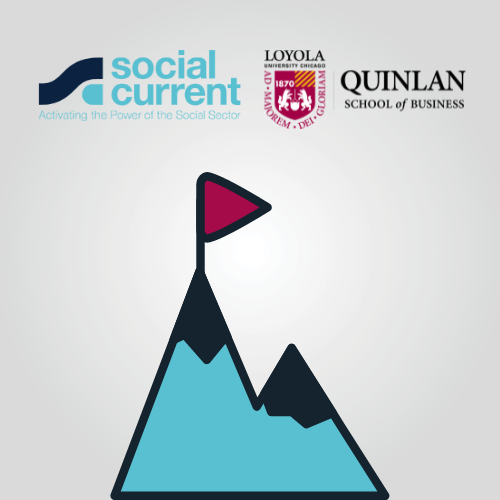Within Our Reach
Five Takeaways from FFPSA’s 5th Anniversary Celebration
Social Current was pleased to be included at the in-person event to recognize the fifth anniversary of the Family First Prevention Services Act (FFPSA), hosted by the Administration for Children and Families (ACF) at the U.S. Department of Health and Human Services (HHS) in Washington, DC. To mark the occasion, on March 1, 2023, HHS and ACF leadership gathered stakeholders, delivered remarks, and brought together panels of legislators, national experts, and state and tribal leaders. The event featured videos from families with lived expertise in the child welfare system. The conversations reflected a rich understanding of why the legislation was created, what it has accomplished, its challenges, and where we go from here to better support families. The recording for this event is available here.
Five years ago, FFPSA was enacted to enhance upstream and supportive services for families to help children remain safely at home with their caregivers, reduce the unnecessary use of congregate care, and build the capacity of communities to support children and families. At the anniversary event, Social Current observed five takeaways that will help to shape future opportunities to support thriving families and communities.
- Create community pathways to family success outside of child welfare. All families need help sometimes, and we must create pathways for families to receive that help from trusted community-based organizations. Child and family well-being is a shared responsibility across communities, as we all benefit from strengthening families. This responsibility includes child protection but is not limited to it, as it extends to all systems that help to bolster child and family well-being. More and more public systems are recognizing that families are best served in the community. These community pathways will require systems change that normalizes and de-stigmatizes help-seeking behaviors.
- Reduce child welfare’s footprint. As these community pathways are established, child welfare can safely reduce its footprint and effectively serve a smaller population of families. Shifting more resources toward upstream prevention in the community, rather than reacting by the child welfare system, does not mean that we give up our responsibility to keep children safe. Shifting our focus to support families before they are known to child welfare will ultimately mean that fewer children require protection because their families are better supported, safe, and healthy.
- Bring Medicaid and SAMHSA to the table. FFPSA authorized new optional title IV–E funding for time-limited prevention services for mental health, substance use disorders, and in-home parent skill-based programs for children or youth who are candidates for foster care, pregnant or parenting youth in foster care, and the parents or kin caregivers of those children and youth. To move further upstream and support more families outside of the child welfare system, Medicaid can be utilized and accessed for services that can reduce the involvement of child welfare. Medicaid is the single largest payer for mental health services in the United States and is increasingly playing a larger role in the reimbursement of substance use disorder services. This collaboration can be informed by the science generated through the Substance Abuse and Mental Health Service Administration (SAMHSA), demonstrating that addressing behavioral health keeps families strong and together.
- Build the evidence base for cultural adaptation of programs. There is a lack of research models that build the evidence base for cultural adaptation of programs and services, coupled with an awareness that there is disparity across child welfare systems that too often results in more children of color coming to the attention of child welfare. These research models need to be community-engaged and community-designed. The Title IV-E Prevention Services Clearinghouse should prioritize populations and problems that are underserved by the current array of programs. This should encompass communities of color, including Tribal communities. It should also include programs that address domestic violence, economic supports to reduce poverty, and peer/parent mentoring programs.
- See all ACF and other family-support programs as preventative. Our goal should be to invest prevention dollars, including those spent on concrete and economic supports, in more children than the number of children we are removing from their homes and families. To accomplish this, we need to see all family-support programs sponsored by ACF and others as preventative. The human and social services sector is at the forefront of an evolutionary change, one that aims to realign social services to be more preventative with greater upstream resources that focus more directly on addressing the social determinants of health (SDoH) to achieve better outcomes. The potential to improve health outcomes and more fully address SDoH through a public health and a system of care approach with greater investments in human services could transform a range of systems, including health, education, welfare, and criminal justice systems and ultimately result in greater well-being for all families.
Achieving these reforms will require a tremendous shift in resources, both at the federal funding level to redirect funding to more front-end resources, through policies that adapt to a more preventative approach, and in the way that place-based services are delivered by community-based organizations. Passage of FFPSA is a first step in that journey for child welfare. Too many of our social systems were structured to respond only after harm occurs – by realigning our nation’s social service delivery systems and reimagining the power and impact of the social sector, we can deliver on the promise of equitable access to health and well-being for all people.



